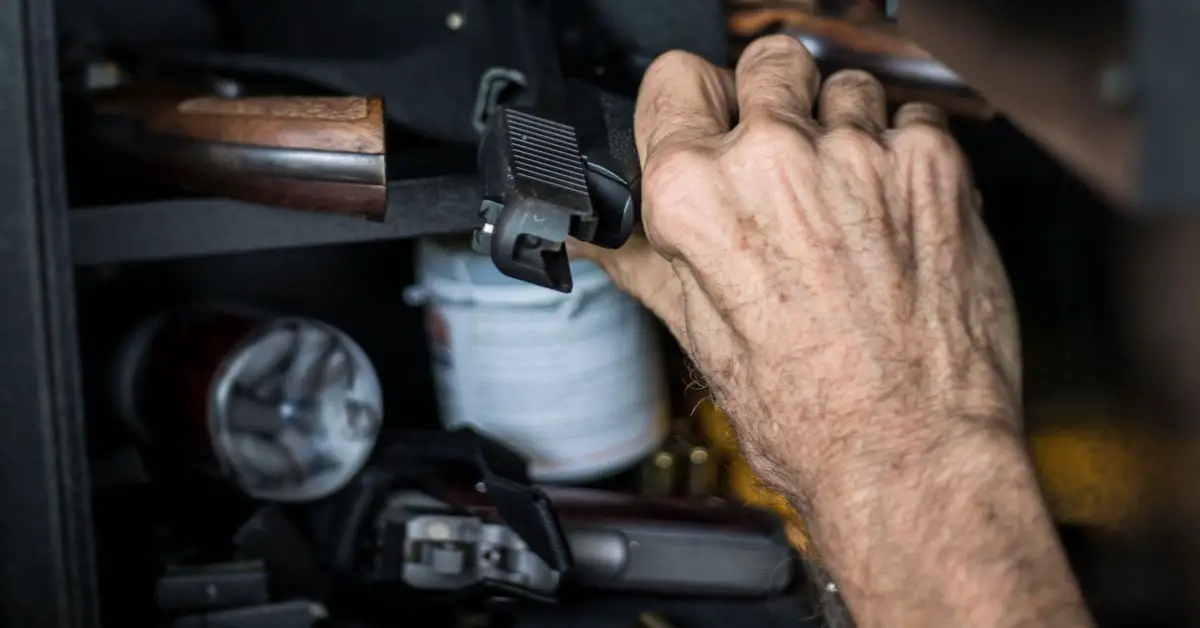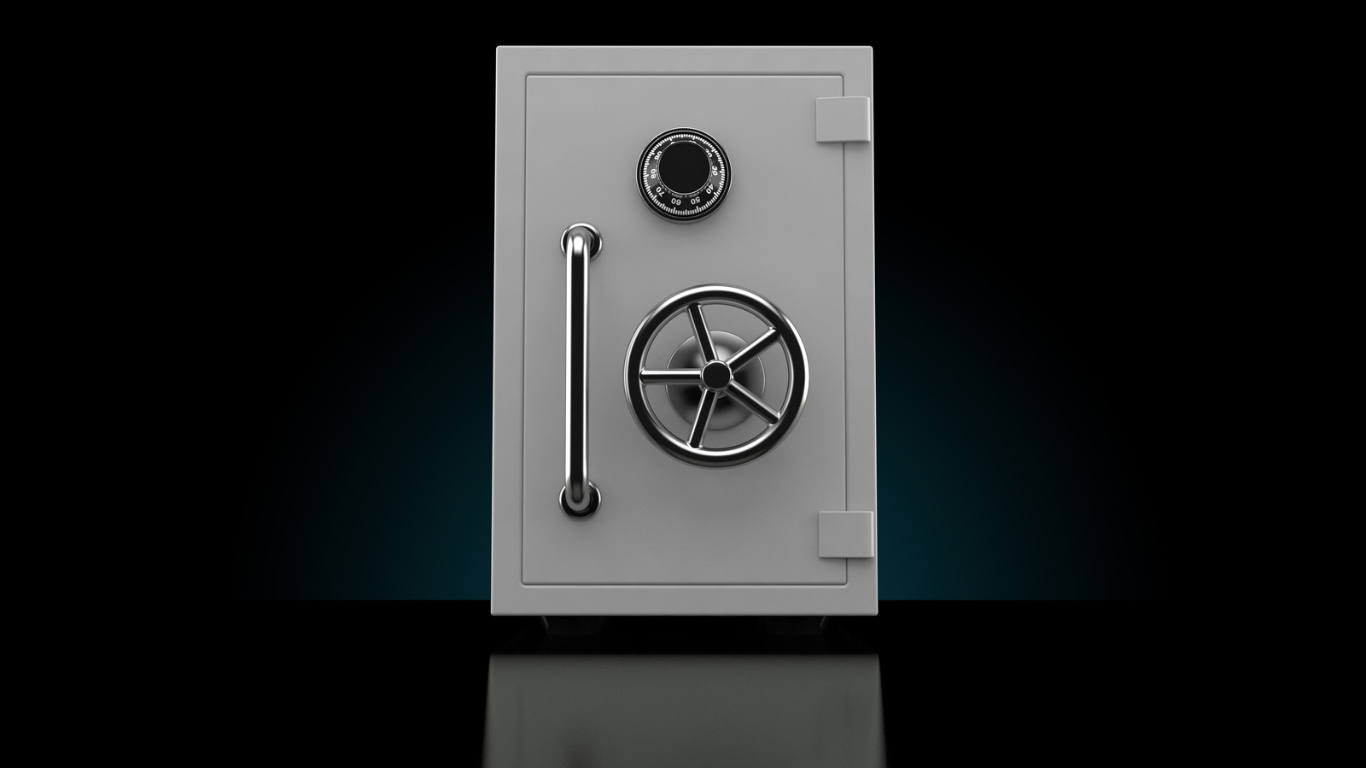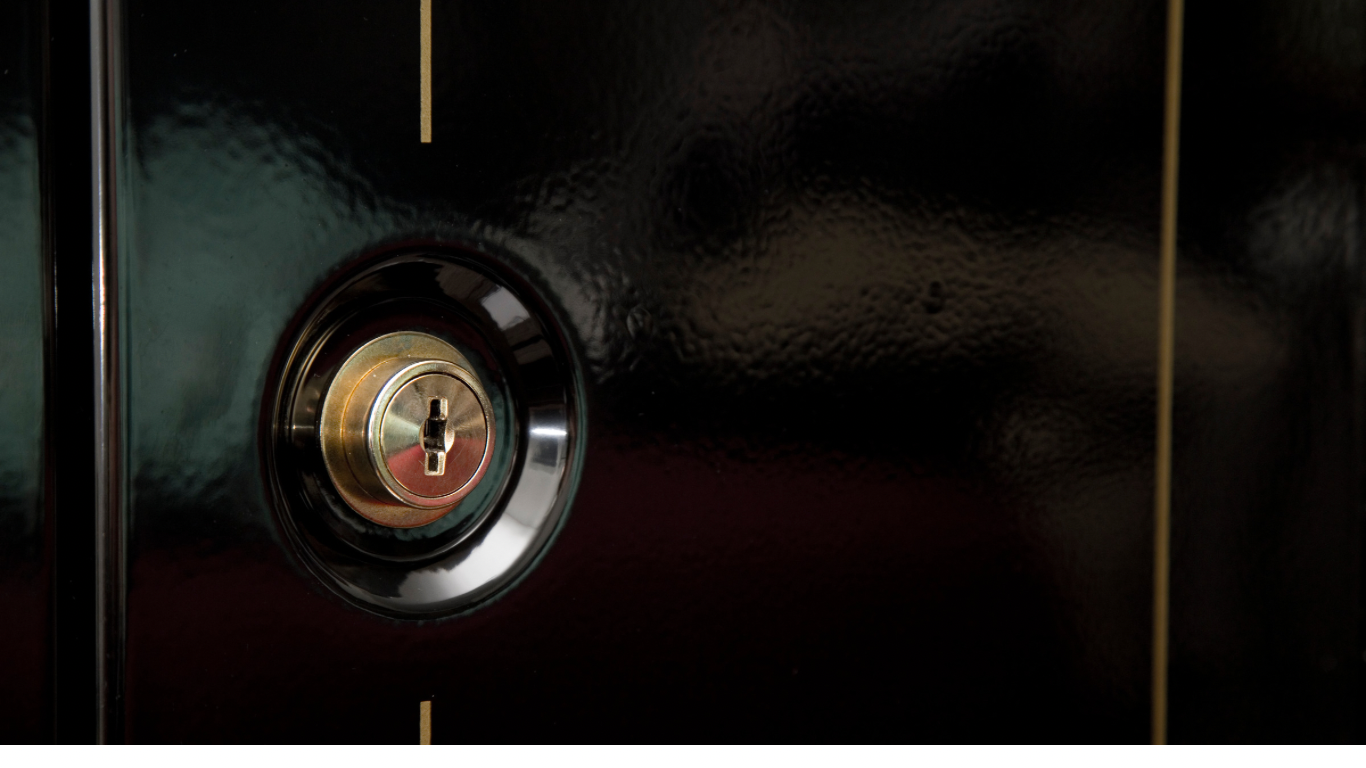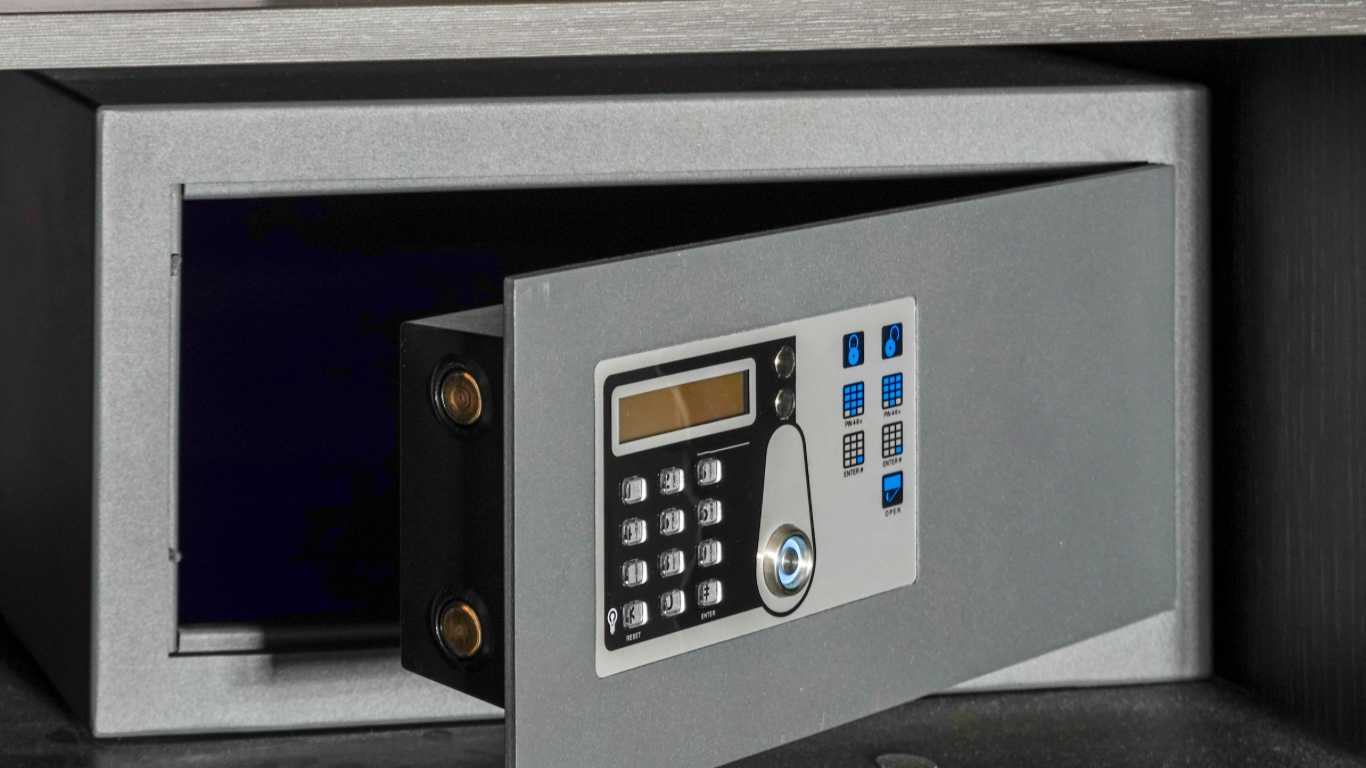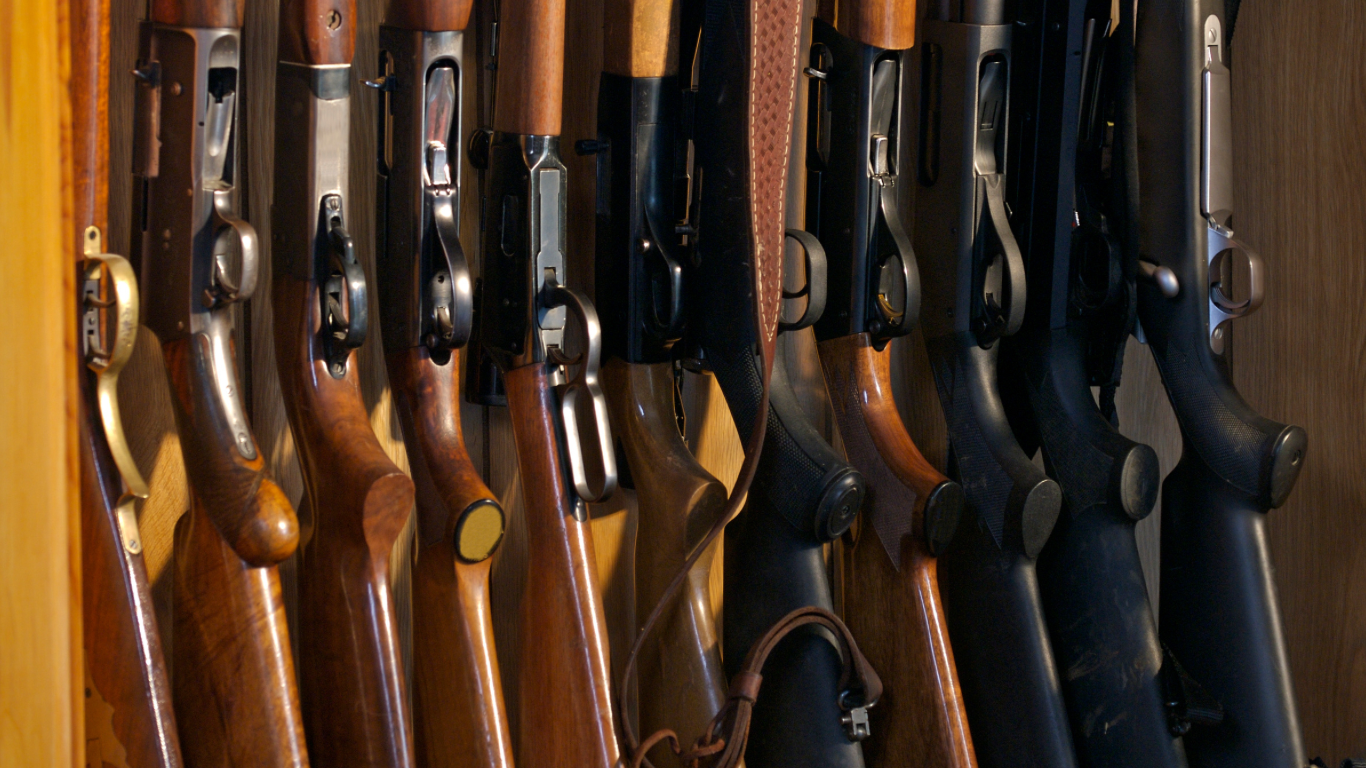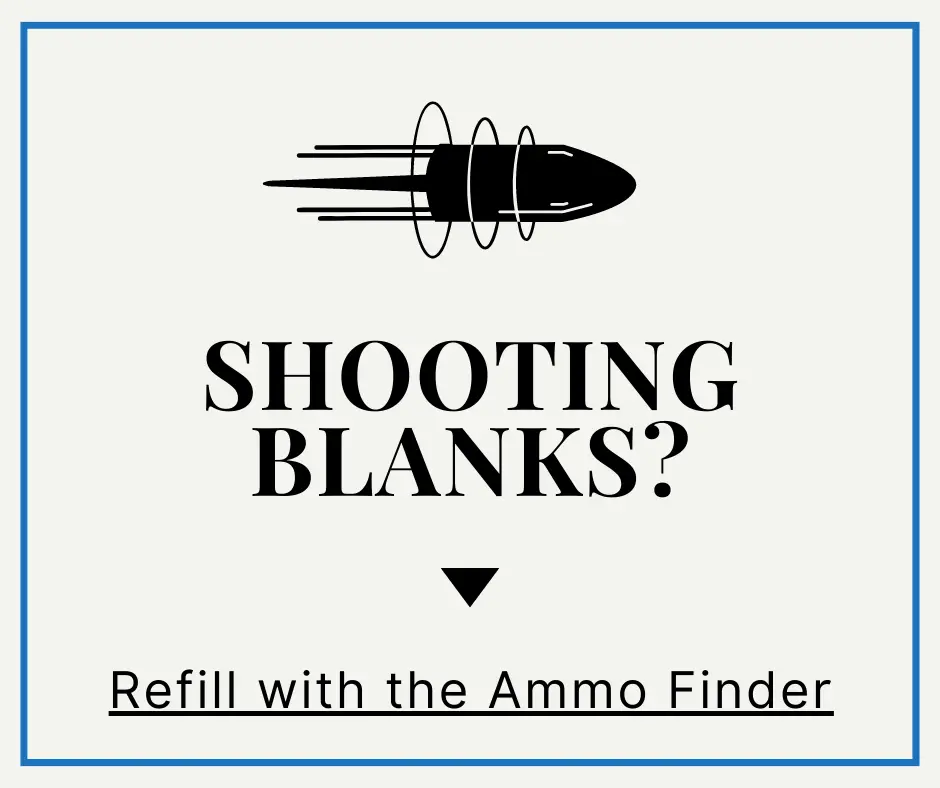You’ve just purchased a Taurus G2c 9mm. It’s a beauty. The gun gleams in the light, and you can feel the power contained in the metal just by holding it in your hand. The next question: How do you keep your new gun safe... and will storing your new gun in a safe cause issues such as rust and corrosion? In short, are gun safes bad for guns?
The short answer is no, but the long answer is that you need to be just as careful when choosing a gun safe as you are when choosing a gun.
There’s a lot more to responsible gun ownership than you might think. Not only do you need to carry, clean and store your weapons properly, but you also need to think about the specifics of each task… especially proper storage.
Take gun safes, for example. What size do you need? What’s the best steel gauge thickness? Should you spring for the fingerprint biometric scanner, or will a regular digital keypad do?
Another thing to consider is the long-term viability of your safe. Cheap and flimsy models can lead to things like rust, corrosion and discoloration. In extreme cases, they can damage the gun beyond repair.
4 Tips for Choosing Gun Safes Good for Guns
Let’s break down the most important features of a high-quality gun safe.
1. Size
Gun safes come in every size, including small, portable safes for handguns and gigantic vault-like safes that can house an entire collection of rifles behind a hundred-pound door.
Safes are usually measured in inches, but you’ll also find ones that are advertised by “safe capacity,” which is the number of gun slots per unit. Capacity is determined by unscoped and unaccessorized guns, so keep that in mind if you’re also looking to store things like scopes and extended bolt handles.
Don’t forget to factor weight into your plans, too. High-end, heavy-duty gun safes can weigh anywhere from 1,000 – 2,000 pounds. Once that bad boy has been set up, it probably isn’t moving again.
2. Density or Thickness
Most gun safes are made with steel, and steel is measured by gauge. The lower the gauge number, the thicker the steel. This means that 7-gauge steel is thicker than 8-gauge steel.
One thing to note is that “thicker” doesn’t always equal “better.” Just like too-thin steel can be overly flimsy, too-thick steel can be overly dense. It can tax the hinges of the safe and lead to less durability over time.
Aim for something between 8-gauge to 10-gauge when buying a gun safe. This is strong and sturdy without being excessively thick.
3. Lock
While you can still find gun safes with old-fashioned key locks, it’s vastly more common to see them with digital ones. They’re safer, simpler, quicker to use and easier to change if access to the safe has been compromised.
Most gun safes have a digital keypad where you punch in a number combination to open the door. Some locks will also have lights and colors to indicate permission or denial.
The fanciest gun safes are highly technological ones with biometric scanners that only accept fingerprints.
4. Special Features
Today’s gun safes come with all kinds of dazzling features, including:
- Fire protection
- Digital passcodes or biometric scanners
- Shelves, mounts and racks
- Sensors and alarms
- Storage space for ammo or additional gun materials
There are also a number of gun safes with humidifying options, which is the next thing that we need to discuss.
Prevent Your Guns From Rusting Inside Your Gun Safe
Rust is a common thing in gun storage, and it’s one of the reasons why people ask if gun safes are bad for guns.
The truth is that guns can rust inside of gun safes, but they can also rust in sheds, garages, cabinets, display cases and wherever else you put them. Rust is a natural process where moisture in the air causes oxidation on the surfaces of metals. It’ll happen to any guns that aren’t checked and cleaned on a regular basis.
The good news is that it’s easy to prevent your guns from rusting even if they’re locked up tight in a safe. Here are just a few ways to do it:
Dehumidifier
You can buy dehumidifiers that are made specifically for gun safes. They come in many varieties, including electric, rechargeable, battery operated and more. They’re usually on the smaller side, and they make use of things like silica gels and crystals rather than fans and coils.
Desiccant Packs
Desiccant packs are small bags of clay or silica gel that soak up moisture. You’ve probably seen them tucked into delivery boxes when you order something online. They’re more of a temporary measure than a long-term way of managing the humidity levels in your gun safe, but they can buy you some time to complete more research. They’re also nice for portable safes if you’re moving guns or taking them to shows.
Hygrometer
A hygrometer is a tool that measures the amount of water vapor in the air. They range from simple, clock-like meters to elaborate instruments with probes, sensors and sockets. If you’re worried about the humidity levels in your safe, they can be a smart investment for both the present and the future.
According to the National Rifle Association, the ideal temperature for a gun safe is 70°F with a humidity level of 50 – 55 percent. You can play around with these numbers to find the uniquely perfect atmosphere for your own guns, but try not to stray too far from the recommended baseline.
Being Smart About Your Gun Safe
There’s no right or wrong answer when it comes to the best gun safe for you. It all depends on the size of your collection, the features that you want and the money that you’re willing to spend.
Ultimately, you should go with your gut. Just like you fell in love with that Mossberg MMR Pro the moment that you saw her, if you find a gun safe that calls to you, it’s worth checking out. Just make sure it meets the base requirements. You don’t want one of the gun safes bad for guns.
Do your research. Find a high-quality safe. Be a responsible gun owner, and enjoy shooting, hunting and training to your heart’s content.
